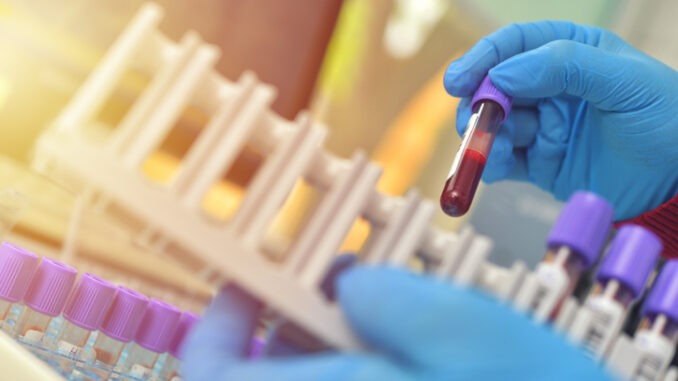
As reported by the BBC, the government announces compensation of £100,000 for victims of infected blood diseases
After lengthy years of campaigns, the government has declared that blood-related patients, as well as their partners, will receive a compensation of £100,000. The decision was put into motion after the chair of public inquiry, Sir Brian Langstaff, highlighted the rapid need for financial support to be offered.
Referred to as the worst treatment disaster in NHS history, the infected blood scandal stemmed from NHS blood disorder patients in the mid 1970s contracting serious illness after being treated with blood clotting proteins VIII/IX.
The medication originating from the US was sourced from paid donors including high-risk groups. A minimum of 2400 deaths were recorded in the 1970s and 80s during the NHS treatments.
“It has affected relationships, my work and my finances. I had to give up work in 2012. I have struggled since. I still have a mortgage and I have debts,” says Gary Webster, diagnosed at 18 with HIV after being treated with blood products at school for haemophilia.
“This money will help with that, but it will not replace what I have lost. And I am one of the lucky ones. I am still here”, Gary commented.
Whilst the government had previously put in place numerous schemes to provide financial support, this decision marks the first time that the compensation will be paid directly to the individual or their affected families. If the compensation is agreed to extend to close family members as well as patients who have not yet registered for financial support, the final bill could amount to more than £1bn.
Campaigner Sue Threakall purports the importance of acknowledging the amount of lives that have been wrecked. “We still have a huge swathe of people whose lives were destroyed and who have not had anything, so we will continue to fight for them.”
The tax-free payments are set to roll out by the end of October across England, Scotland, Wales and Northern Ireland.


Be the first to comment